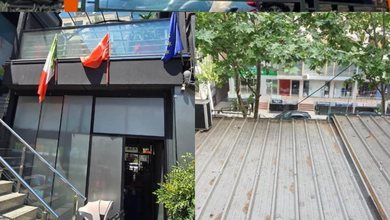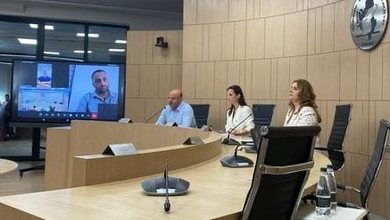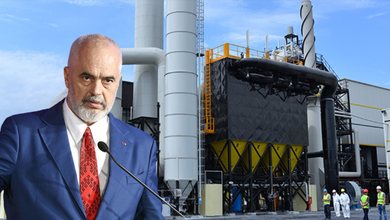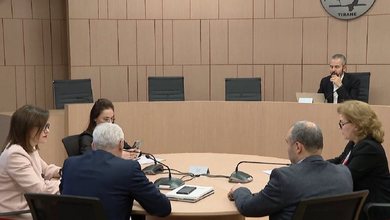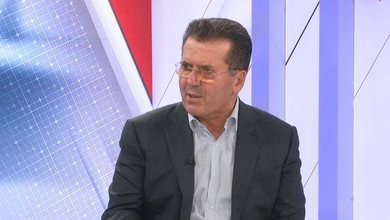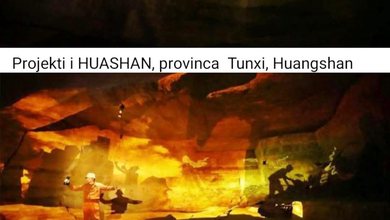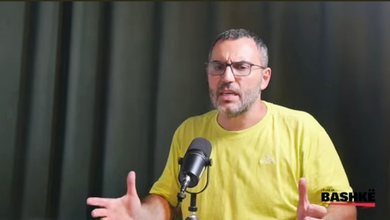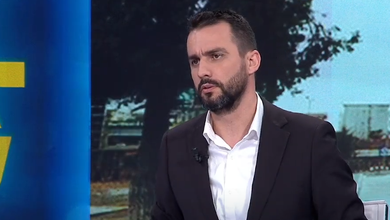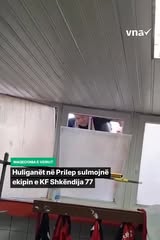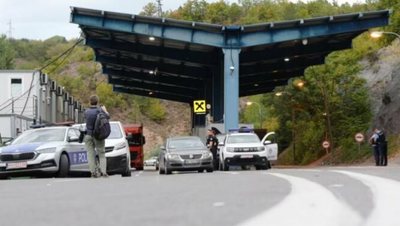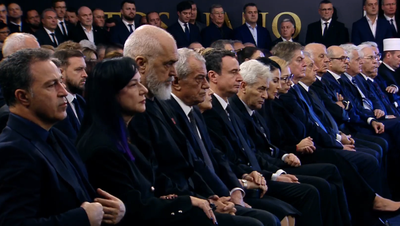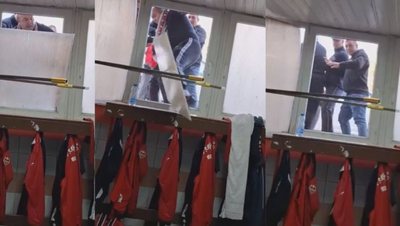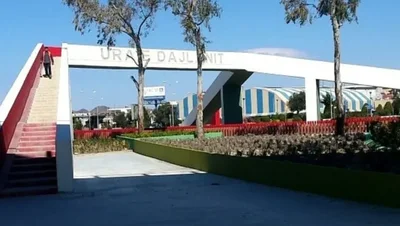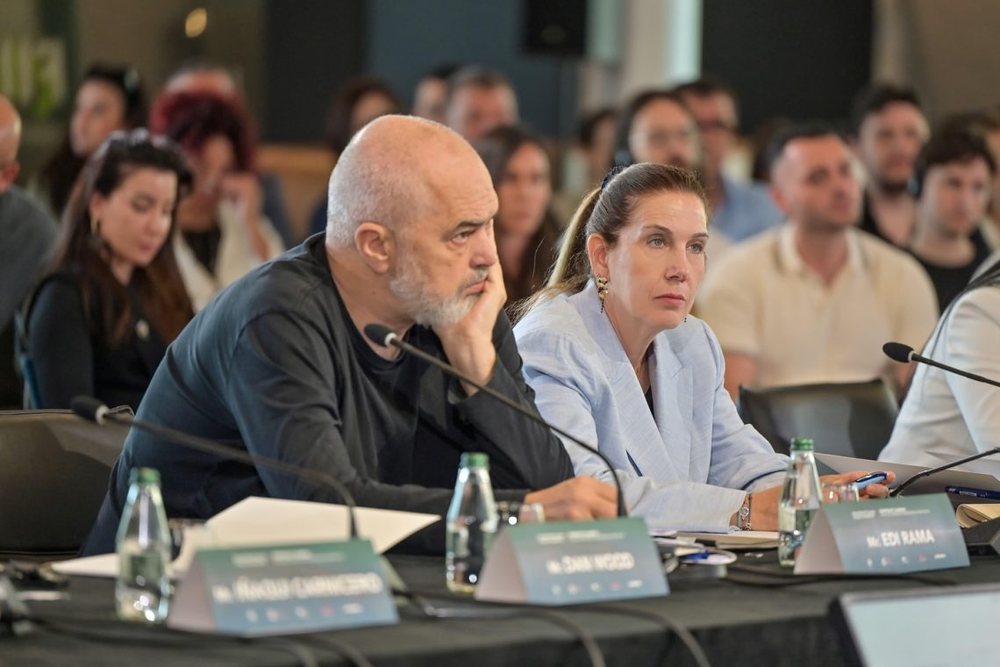
Prime Minister Edi Rama and Minister of Environment Mirela Kumbaro presented on Thursday a new reform for integrated waste management, which provides, among other things, for two new laws, the creation of a public company, and investments for the construction of new landfills.
In his speech, the prime minister said the changes were part of Albania’s bid for EU membership and insisted that this was the most difficult part.
“This is the most challenging chapter of the negotiations and this is the most challenging aspect of our EU membership,” Rama said, referring to Directive 27 on the Environment.
After a decade of failed investments worth hundreds of millions in incineration, Minister Kumbaro put the emphasis on recycling. She explained that two new laws would enable the establishment of the National Waste Treatment Operator, a public company that would manage waste at the national level, increase punitive measures against polluters, and oblige manufacturing and importing companies to trace their waste to recycling.
The promise of a new waste management reform comes after the Rama government and local governments spent over 100 million euros on the construction and operation of three incinerators - a project that turned into a massive corruption affair with serious criminal and environmental consequences in the country.
For environmental experts, nothing new is expected from the proposed reform.
"In my view, it's just 'déjà vu,'" says Rodion Gjoka, an environmental and climate expert.
“…This may be the seventh time we have changed the facade under the motto Reform, but the smell of burning plastic continues to sour the throats of residents in Vlora, Elbasan and elsewhere,” he added.
Gjoka emphasizes that Albania today offers the lowest transparency and the highest level of abuse with environmental procurement, so such initiatives may impress Brussels bureaucrats, but cannot offer solutions for citizens.
"The foundation of waste management is the 3Rs: Reduce, Reuse, Recycle. We don't have these foundations, so what we are reforming resembles a sandcastle, which the next wave brings to the same level as the sea," he emphasized.
Olsi Nika, head of Eco Albania, also says that the government had a similar strategy in place, but made decisions against it and approved the burning.
"The strategy was the same, but in a decision against the strategy, they built the incinerators. They want to put on more of a show and promise recycling," Nika told BIRN.
Proposals without incinerators
Urban waste management is a competence of local governments in Albania, but their logistical and financial capacities are assessed as minimal. In these conditions, Rama and Kumbaro emphasized on Thursday that the creation of a new public company would provide a solution to the waste situation.
"Small municipalities that are often the most touristic don't have any problems," said Kumbaro, referring to the need, according to her, for the creation of a public company.
In addition to establishing the National Waste Treatment Operator, which will have municipalities as its clients, the government promises investments in the construction or expansion of new or existing landfills in the coming decade.
Landfills in Fier and Elbasan, where there is no more capacity due to the failure of incineration, will be expanded. Landfills in Korça, Bushat and Bajkal will also be expanded. Three new landfills have been proposed in Kukës, Dibër and Berat, while a series of points for waste processing and composting of organic waste have been proposed. The reform also foresees the closure of 67 illegal landfills within a decade.
"If we do not prioritize this sector [recycling], we will not meet these criteria. If we do not prioritize the hierarchy of waste from source separation to disposal, we will not achieve it," declared Kumbaro.
Olsi Nika told BIRN that the renewed focus on recycling was welcome, but it required serious investment in the entire waste treatment infrastructure.
“Recycling is key here, but it requires serious investment, from the bin to the container, to the neighborhood, to the technological machine,” he said, adding that recycling only works with economic incentives.
Nika, however, sees the management of waste by a national company as positive, as he says that municipalities clearly lack the capacity. He points out that while there are failed models such as the incinerators in Fier and Elbasan, there are good models such as the regional management in Korça that has worked.
Environmental expert Lavdosh Feruni also sees the creation of the public company as positive, but says that the intervention must be urgent and the change must be reflected in the budget.
“If the separation of waste at source is not implemented quickly, as was the law in 2011…, the transfer of treatment from local to national operator will not change anything from the current situation,” Feruni warned in a Facebook post.
For opposition MP Jorida Tabaku, the proposed reform is a spectacle. She says that the solutions proposed in this reform were ready 12 years ago, but were overlooked by the government.
“Not a word about €430 million incinerator contracts. Not a word about 12 years of deception that Albania was supposedly cleaned up,” Tabaku wrote on the X platform.
"But the government chose the incinerators, defended them publicly, politically, and today continues to pay for them from Albanian taxes. The more beautiful the power point, the dirtier Albania becomes!" she added.
Expert Rodion Gjoka emphasizes that in order to fulfill the obligations arising from Directive 27 of the European Union, Albanians must be prepared to pay multiple taxes for waste treatment.
“If this directive is implemented correctly, it will cost every citizen in the country an average of 300-380 euros per year, an amount that will certainly be collected from taxation on public services,” Gjoka points out. “In other words, 7-8 times more than they currently pay,” he concluded. /BIRN/



